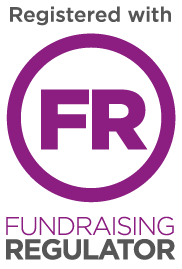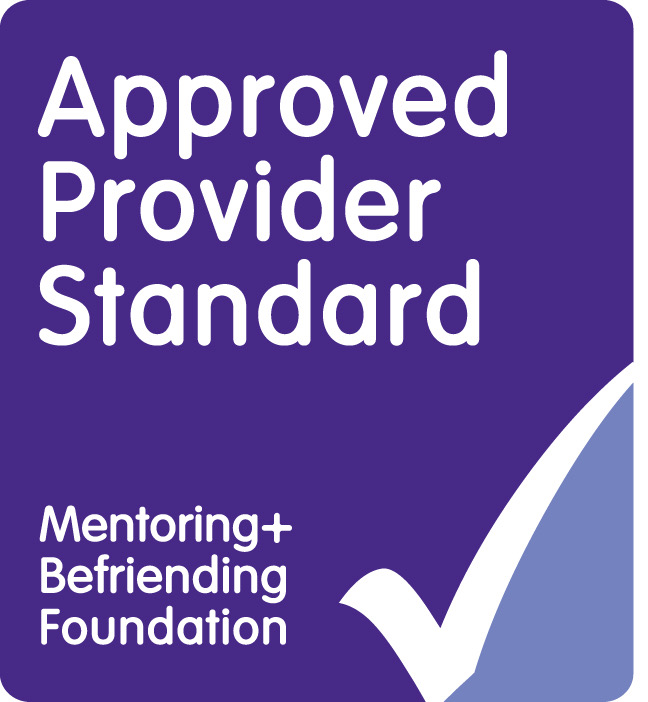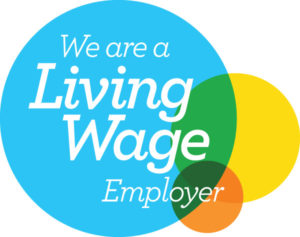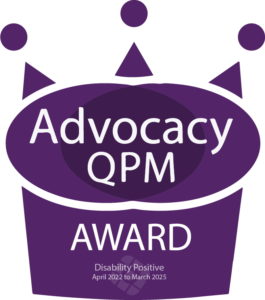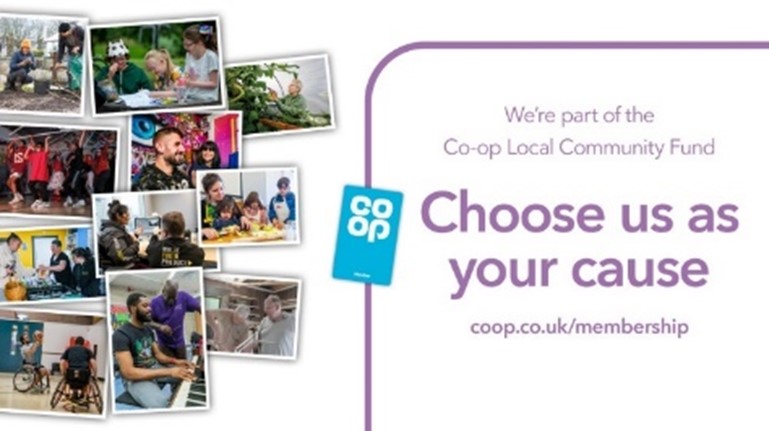By Viki Atherton, Training and Volunteer Manager
You might not know it, but you probably already have at least one or two people living with a disability or long-term health condition in your team. When we surveyed our own Disability Positive team in 2021, 73% of our employees said they have lived experience of disability or a long-term condition, as defined by the Equality Act 2010. Not everyone realises the term disability can include mental health, as well as physical impairments.
There are a lot of untruths out there about employing people with a disability. As a Disability Confident Leader, our role is to bust these myths and educate employers about the real benefits of welcoming such resilient, skilled people into your workplace.
We are positive about providing opportunities for people with disability to play a role in community life. As part of our strategy, we support people with lived experience of disability and long-term health conditions to get into volunteering and paid employment opportunities.
We offer work placements and actively try to employ people who want to contribute to our work. We also support employers to become Disability Confident because we think everybody deserves to have equal access to work in a way that meets their needs.
What prevents employers recruiting skilled people living with disability or long term conditions?
Employers tell us there are some key reasons why they believe employing someone with disability might be difficult. We carried out our own internal research to prove these theories wrong.
Myth 1. Disabled people cost more to employ
In actual fact, there are few, if any, extra costs. The UK Government’s Access to Work scheme covers between 80% and 100% of reasonable adjustments to equipment and work spaces. Employers can apply for grant funding to adapt the working environment, purchase additional equipment, and cover travel costs, depending on circumstances. With financial incentives available, most reasonable adjustments work out to be cost neutral.
Myth 2. Disabled people take more time off for medical appointments
In our experience, there is no evidence that these employees make more use of the medical appointment policy than their colleagues. If you say in your contract of employment that employees have the right to time off for routine medical appointments, then this must apply equally to every employee. The truth is that recruiting a diverse team can improve morale and boost employee engagement, making people more motivated to come to work.
Myth 3. Disabled people are less productive
Based on our experiences at Disability Positive, there is absolutely no difference in productivity levels. Living with disabilities or a long-term health condition builds valuable skills that can add an extra dimension to a role. It can build strength and resilience and develop a person’s talents for problem-solving and creativity. Care, empathy and understanding can also bring warmth to customer facing roles.
Myth 4. Disabled people are always off sick
Like our experience with medical appointments, we’ve never seen evidence linking these employees with higher levels of sickness or absence. In truth, only 27% of absences monitored over the period were disability related.
A diverse workplace is a more attractive workplace
Building a diverse team is a sign of an open, inclusive employer; a workplace where choice matters and people can be themselves, and (if they choose to), speak openly about their disability or long-term health condition without fear.
Disability Confident workplaces are accepting of all backgrounds and circumstances and develop a strong reputation for being open and inclusive. The volume and quality of job applications generally increase as a result.
Disability Confident programme
In 2020 as part of our strategy, we held a series of events to encourage North West employers to sign up to become Disability Confident. The scheme is designed to encourage employers to recruit and retrain people with experience of disability or long-term health conditions. We were over the moon when 20 organisations from a variety of sectors made the commitment.
Join with us to create a world that is Disability Positive
If you would like to build your employer brand and open more doors for skilled people in your local community, please contact us by email or on 01606 331 853 to find out how we can help you on your Disability Confident journey.

